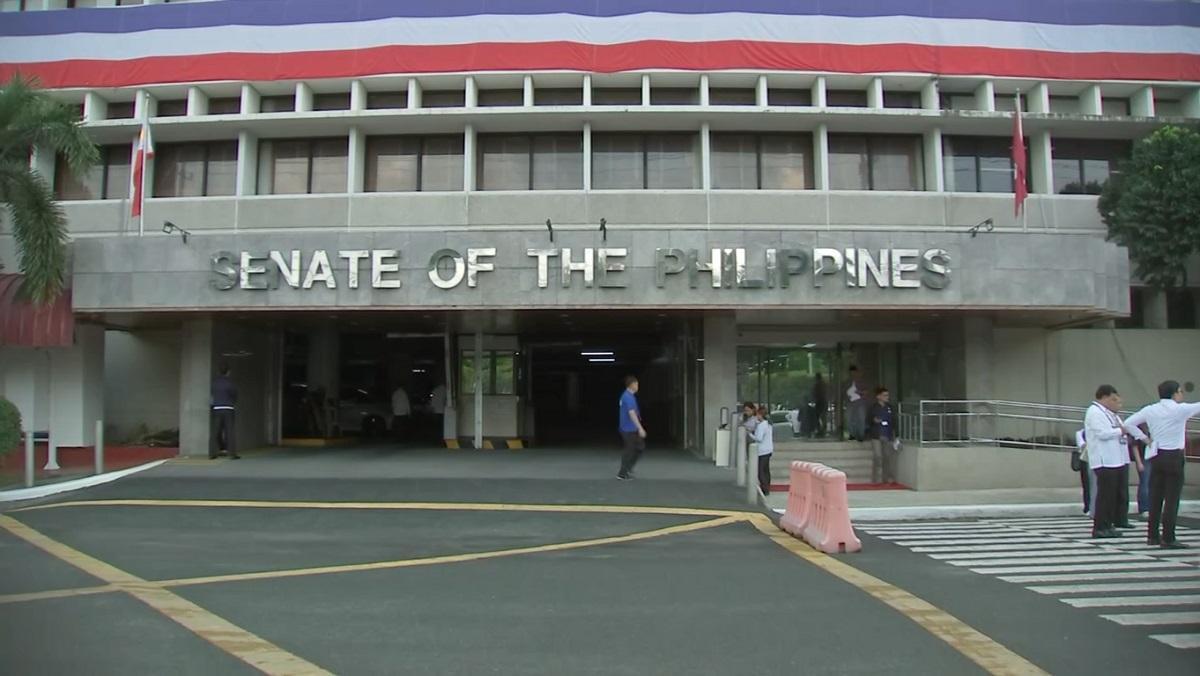Senate panels to scrutinize, prioritize PH-Japan's Reciprocal Access Agreement

Senate committee on foreign relations chairperson Imee Marcos said Monday her panel would scrutinize the newly-signed Reciprocal Access Agreement (RAA) between the Philippines and Japan to guarantee that it will protect the country's interest.
''We welcome having stronger security ties with our neighbors in the Asia-Pacific region. However, as with other treaties, the Senate committee on foreign relations will scrutinize every line and every word of that treaty once the same is referred to us to make sure that it is aligned with the national interest of the country,'' Marcos, the President's sister, said.
For his part, Senate committee on national defense chairperson Jinggoy Estrada said the signing of the deal ''demonstrates the mutual commitment of Japan and the Philippines to uphold a rules-based international order, particularly in response to regional security threats.''
''Aside from joint military exercises, the RAA plays a crucial role in coordinating humanitarian assistance and disaster relief operations, given the frequent occurrence of natural disasters in the region requiring rapid and coordinated response efforts,'' he added.
Estrada said he would ensure that the ratification of the RAA would be among the priority agenda of the chamber when it opens the 3rd Regular Session this July.
Article VII, Section 21 of the 1987 Constitution states that “no treaty or international agreement shall be valid and effective unless concurred in by at least two-thirds of all the Members of the Senate.”
Senator Juan Miguel Zubiri, on the other hand, said the deal is ''a partnership of like-minded nations that will truly bolster the country’s naval training and use of ships and equipment purchased from Japan.''
Senators Grace Poe and JV Ejercito likewise welcomed the signing of the defense cooperation between the two Asian countries.
Poe stressed the importance of cooperating with "like-minded countries especially our neighbors and uphold mutual interests."
For his part, Ejercito said the RAA is a welcome development "in terms of security in the region and against China's continued expansionism."
"Since the Philippines is a third world country, all the help and assistance we can get from traditional allies and right-minded nations is definitely much welcomed against China’s continued bullying and aggression towards us!" he added.
On the other hand, Senate Minority Leader Aquilino "Koko" Pimentel emphasized the need for more economic cooperation instead of military pacts.
"The Philippines should be entering more agreements of an economic nature (instead of a military nature) which would allow us to sell Philippine-made and Philippine-grown products/items to other countries. Sana ganyan ang laman ng mga agreements natin. Produkto hindi pulbura. (I hope those were the contents of our agreements. Products not gunpowders)," Pimentel, former chairperson of the Senate foreign relations committee, said.
The agreement was signed by Japanese Foreign Minister Yoko and Philippine Defense Secretary Gilberto Teodoro Jr. earlier in the day.
The first formal negotiations on the RAA were held in Tokyo in November last year. It was led by the Department of National Defense (DND) along with the other delegations from the Department of Foreign Affairs (DFA) and the Department of Justice (DOJ).
A virtual line-by-line reading of the RAA main text, the Agreed Minutes, and two records of discussions were held on June 11, according to the Presidential Communications Office (PCO).
Earlier reports said the agreement would allow more Japanese forces to join annual military exercises involving the Philippines and the US, including the "Balikatan" exercises.
The deal will also allow Japanese forces to provide humanitarian assistance to the Philippines when needed.—Anna Felicia Bajo and Hana Bordey/AOL, GMA Integrated News




